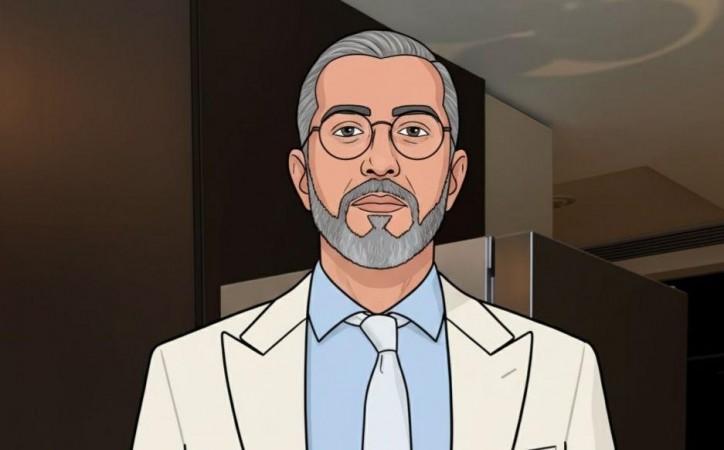
If you've used a mobile phone in an African market and tapped a small credit advance to stay connected, there's a good chance you've brushed against Bassim Haidar's world. The Nigeria-born Lebanese entrepreneur started hustling early—co-founding Intercomm in the 1990s, then GMT (procurement, finance and logistics) and Channel IT (telecom infrastructure) as Africa's mobile boom took off. Each step pushed him deeper into the plumbing of connectivity and payments—areas that quietly shape everyday life. 
His best-known creation today is Optasia (formerly Channel VAS), the platform that partners with mobile network operators to extend micro-advances and handset financing to customers who are often "thin-file" or unbanked. Optasia says it now reaches hundreds of millions of consumers across 30-plus countries—an at-scale bet on financial inclusion delivered through the SIM card, not a bank branch. 
Haidar's playbook blends gritty execution with timing: build infrastructure where basics are missing, then layer finance on top. It's the same logic that made telco airtime loans a staple product from Lagos to Lahore. Speaking at industry forums, he's argued that small, data-driven loans—$200 or less—can be responsibly delivered via mobile networks at high repayment rates, creating a bridge from cash to formal finance. Whether you agree with the exact figures or not, the thesis has clearly resonated with operators and investors. 
The entrepreneur has also built an investing arm, Knuru Capital (also known publicly as Knuru Investment Ltd.), backing late-stage fintech and digital brands. One visible win: an early bet on Klarna, which paid off handsomely when the Swedish payments firm surged on its U.S. listing in 2025. It's a reminder that Haidar's lens isn't only Africa-first; it's "infrastructure-and-fintech-everywhere" if the unit economics line up. 
What stands out (the 90%)
1) Systems builder, not just a marketer. Haidar's companies grew up solving hard, unglamorous problems: towers, connectivity, procurement, and real-time credit scoring at population scale. That depth gives Optasia a defensible perch with mobile operators who value reliability over buzz. 
2) Inclusion as a business model. By underwriting tiny advances for thin-file users, Optasia converts telco data into economic opportunity. At scale, those micro-on-ramps often become a customer's first taste of formal credit. 
3) Pan-market fluency. From West Africa to the Middle East and beyond, Haidar has shown he can replicate the formula across regulatory and cultural lines—one reason operator partnerships keep growing. 
4) Investor discipline. Through Knuru, he's been selective, tilting toward fintech infrastructure rather than splashy consumer bets—Klarna being the headline example. 
Points of debate (the 10%)
Politics and optics. Haidar's profile in the U.K. rose with his high-profile political donations and public stance on the end of the country's "non-dom" tax status. Critics saw it as emblematic of elite tax debates; supporters called it rational capital flight. He also shifted donations from the Conservatives to Reform UK in 2025—moves that invite scrutiny, especially for a global business leader. None of this undermines his operating record, but it does color public perception in politically sensitive markets. 
The takeaway
Bassim Haidar built quietly and early in the pipes that power Africa's digital economy, then layered credit products where few banks dared to go. Optasia's footprint and operator ties suggest his inclusion-at-scale thesis works commercially as well as socially. The political headlines will come and go; the rails he helped lay are likely to hum in the background every time a prepaid user tops up, borrows a few dollars, or finances a handset. For investors and policy makers tracking the future of inclusive finance from Lagos to Singapore, Haidar remains a pivotal, if understated, protagonist.

















